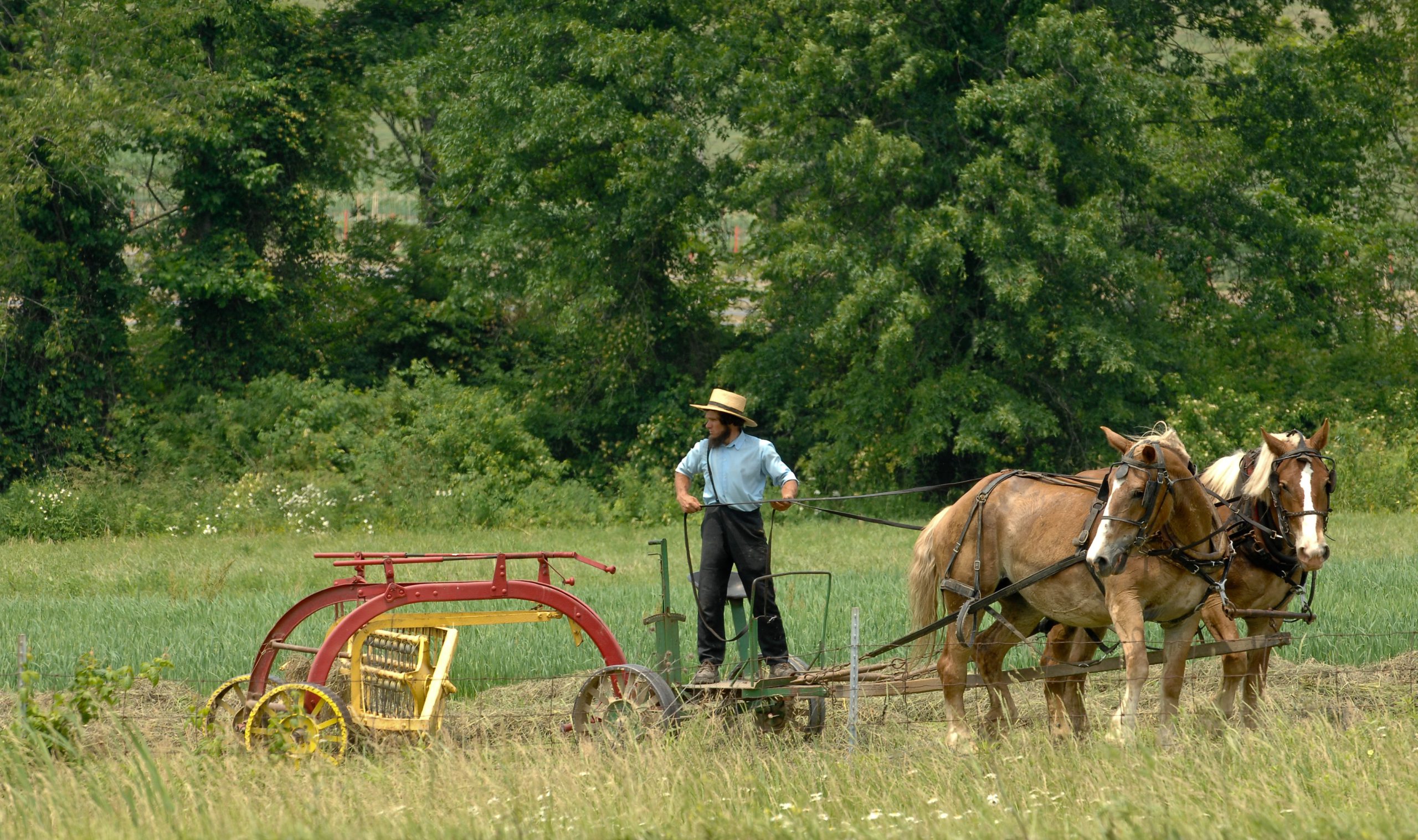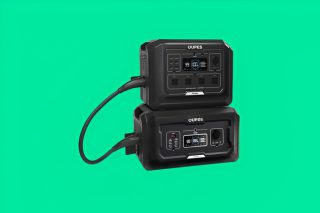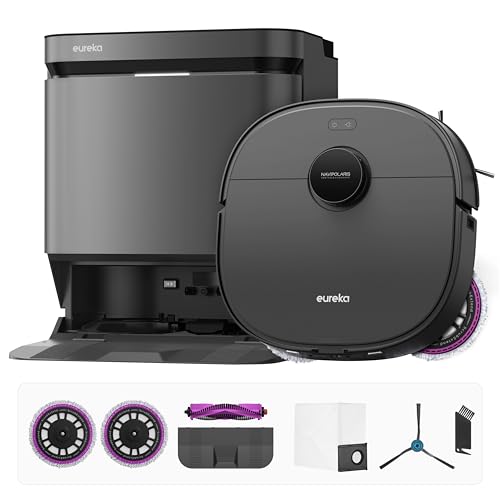The last power outage left you fumbling for flashlights while your phone died, but somewhere in Pennsylvania, Amish families barely noticed the grid going down. They’ve been beta-testing off-grid living for 300 years, perfecting survival strategies that work when modern conveniences fail. Their preparedness playbook offers battle-tested wisdom for anyone serious about resilience.
Hand-Cranked Tools Beat Dead Batteries Every Time
Manual grain mills and hand saws function regardless of power grid status.
Dead phone batteries during emergencies are dangerous, but hand-cranked grain mills eliminate food prep anxiety entirely. These mechanical workhorses grind wheat, corn, and oats without requiring electricity, according to Ask a Prepper research. Your electric coffee grinder becomes useless when the power dies—manual tools just keep working. Hand saws, mechanical food grinders, and non-electric appliances provide genuine reliability during extended outages.
Oil Lamps Deliver Light When LEDs Fail
Kerosene lanterns provide consistent illumination during extended blackouts.
When storms knock out electricity for days, families with oil lamps stay comfortable while others ration flashlight batteries. Amish households maintain kerosene lanterns and fuel supplies that deliver steady, warm light for hours, eliminating dependence on battery-powered devices that inevitably die at crucial moments. Unlike your smartphone’s flashlight, oil lamps don’t need charging—just fuel and a match.
Root Cellars Preserve Food Without Refrigeration
Underground storage leverages earth’s stable temperatures for months-long preservation.
Root cellars preserve food for months without requiring a single kilowatt of electricity. These underground spaces maintain consistent cool temperatures that keep produce, canned goods, and dried foods fresh year-round. Modern homes can adapt this principle using cool, dark basements or modified closets. The physics works even when the grid doesn’t.
Wood-Burning Stoves Provide Heating and Cooking Redundancy
Reliable wood stoves function regardless of natural gas or electrical infrastructure.
Wood-burning stoves offer unmatched reliability for both heating and cooking needs. Unlike gas ranges dependent on utility infrastructure, wood stoves burn renewable fuel you can stockpile indefinitely. Amish communities prioritize harvesting and seasoning firewood as their primary energy source, creating energy independence that works during supply disruptions.
Community Knowledge Networks Function Without Wi-Fi
Skill-sharing provides resilience when internet connectivity fails.
The Amish survival advantage extends beyond gear—it’s community knowledge that doesn’t require Wi-Fi. Their model of skill exchange, resource pooling, and neighborly cooperation creates resilience networks that function when your YouTube tutorials won’t load. Learning from actual people beats relying on digital resources that disappear when you need them most.
These time-tested strategies work because they eliminate single points of failure. Modern technology offers convenience, but manual tools and community knowledge provide reliability when infrastructure fails.




























